
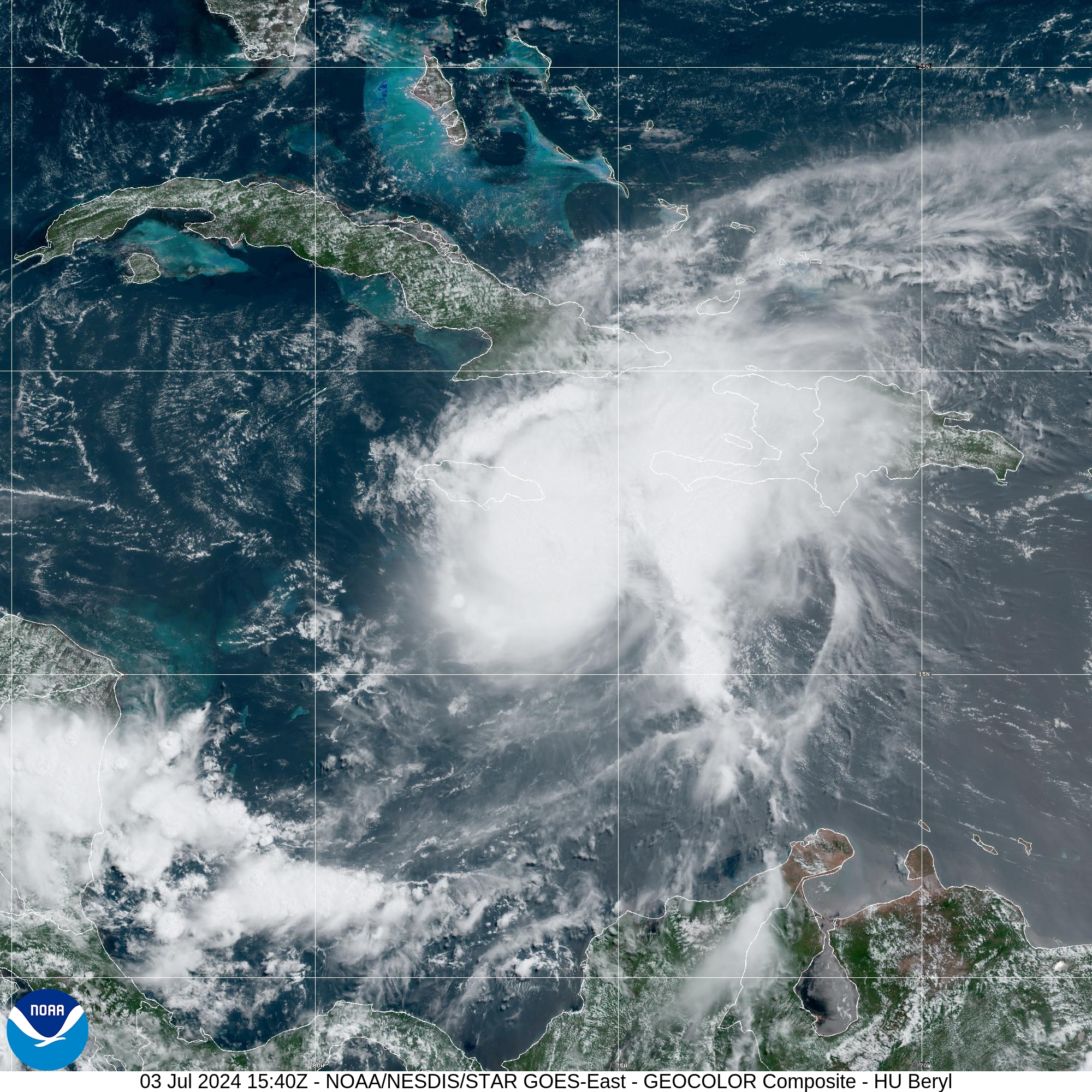
There is a saying that time is the master of all and that it has a habit of revealing who is right and wrong.
The Hurricane Beryl situation is no different. While the corporate area of Kingston and St. Andrew was spared major damage and the number of deaths was small, the rural areas of the island were absolutely devastated.
Of particular concern was the south-central string of parishes where the centre of the hurricane came closest to land, such as St Elizabeth, Clarendon, and Manchester.
In the immediate aftermath of Hurricane Beryl, two narratives quickly began to emerge. On one hand, Prime Minister Andrew Holness was treating the affair as one with cause for relief and some level of satisfaction.
Holness claimed that while there were naturally some areas that needed immediate assistance, overall, the country’s preventative measures had been effective. So confident was the Prime Minister that the day after the hurricane had passed, he was already expressing his satisfaction, even when he noted that the damage assessments had only just begun.

The opposition leader, Mark Golding, walked away with a different perspective. From his point of view, the government agencies had not done all that could have been done in the lead up to Hurricane Beryl, and in the aftermath, they had completely dropped the ball, leaving hundreds of thousands of Jamaicans without power, running water, cable, and cellular service.
Golding paid special attention to the Jamaica Public Service (JPS), the country’s primary electricity provider, expressing his disbelief at what he considered their slow and abysmal response to restoring power for the nation.
Before getting further, it is clear that both Holness and Golding are doing just more political maneuvering and grandstanding.
As the Prime Minister, it is in Holness’ interest to make it appear that his government had done everything it could as the storm approached and that these efforts of his had helped mitigate the worst of Hurricane Beryl successfully.
By contrast, it is in Mark Golding’s interest to make it seem like the JLP regime was asleep at the wheel and that their aligned state agencies had underperformed and failed the Jamaican people. As is sometimes the case between these two, the truth is somewhere in between.
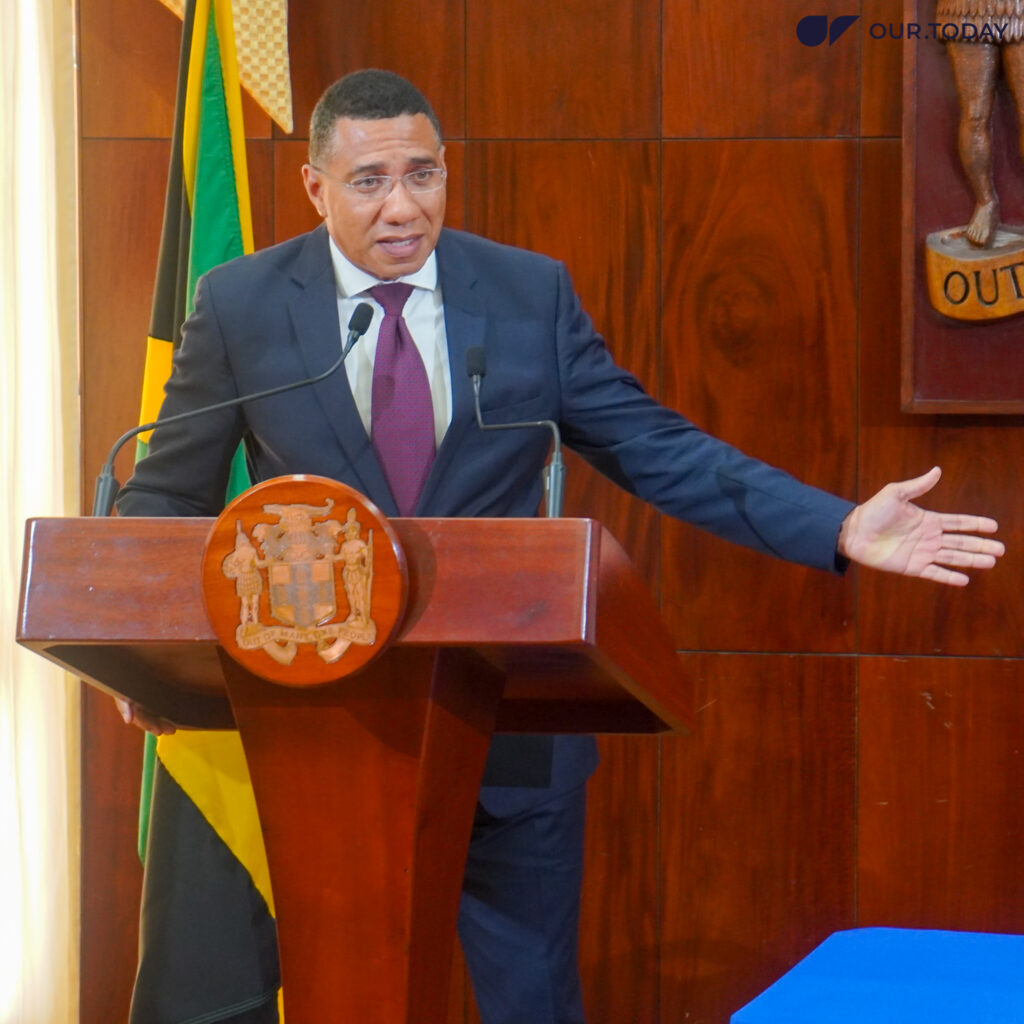
The Holness administration and their affiliates in the public sector had taken steps to protect and safeguard the Jamaican people.
Hundreds of emergency shelters were set up, proper warning and updates were given, and the relevant authorities, from ODPEM to the Jamaica Constabulary and Defence Forces, had moved to provide aid in the immediate aftermath of the storm.
However, the idea that the government performed extraordinarily during the crisis is unfounded, as will become clear later. In truth, their response was perhaps only slightly above average, doing the required bare minimums and what was expected of them more than anything else.
Andrew Holness’ statements on the government’s effectiveness of precautions were wildly optimistic and done with haste. To his credit, the PM had taken the time to go out into the hard-hit areas, see the situation firsthand, and converse with the residents.
However, either he had completely misread the situation or he blatantly misrepresented it to the Jamaican people in his statements. All was not fine. Dozens of houses had their roofs blown away, and entire crop yields for the year were destroyed due to rain and flooding, with major damage being inflicted on the country’s critical infrastructure, from powerlines to pipes to roads.
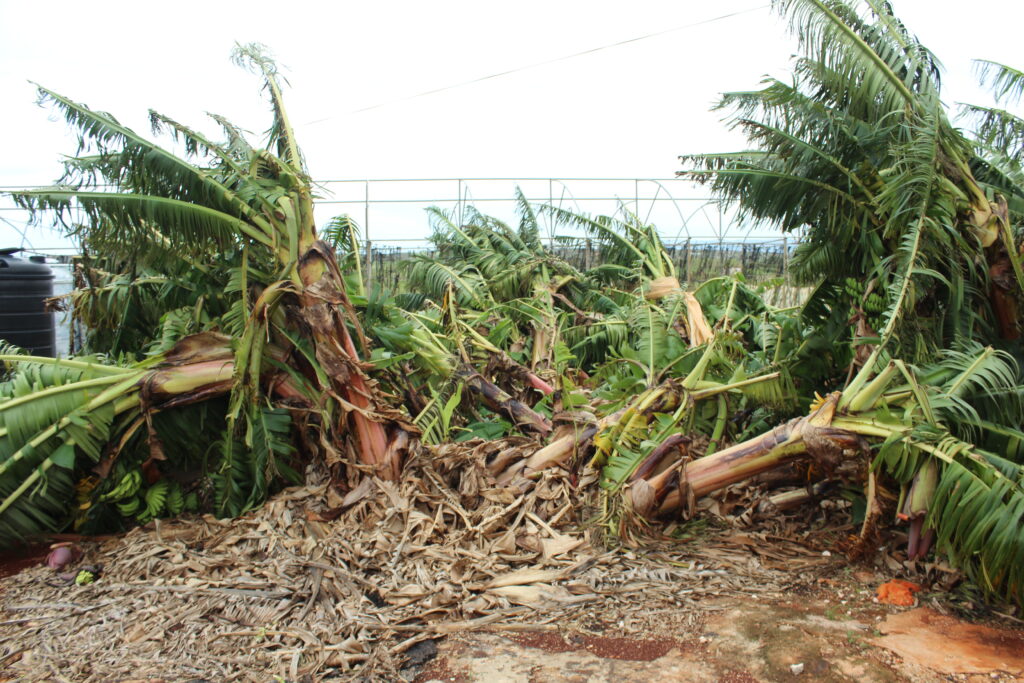
As a result, the PM has been forced to backtrack on much of his prior optimism. In a press conference on Monday, Holness admitted the cost and damages of Beryl could potentially be on par or even higher than the country’s most infamous storm to date, Hurricane Gilbert.
The next day, the Prime Minister would confess that the damage Hurricane Beryl inflicted on the country’s main roads alone was over $10 billion JMD. That is not a sign of things going well.
The Holness administration’s precautionary measures may have saved lives, but they did not prevent the loss of property and livelihood, which occurred on a major scale. It was wrong of the PM to therefore appear to describe the situation so rosy after Beryl’s passing.
Mark Golding is far from clean, either. If Holness was misinforming the masses, then Mark Golding was just playing the populist to get ahead. In several statements following the passage of Hurricane Beryl, the opposition leader did nothing but criticize. He criticized the actions of the government, of ODPEM, and of the Jamaican Public Service.
As hundreds of thousands of Jamaicans were left without electricity, Golding attempted to capitalize on the very real frustration of many elements of the Jamaican populace, who found themselves cut off from much of the outside world in the post-hurricane heat.
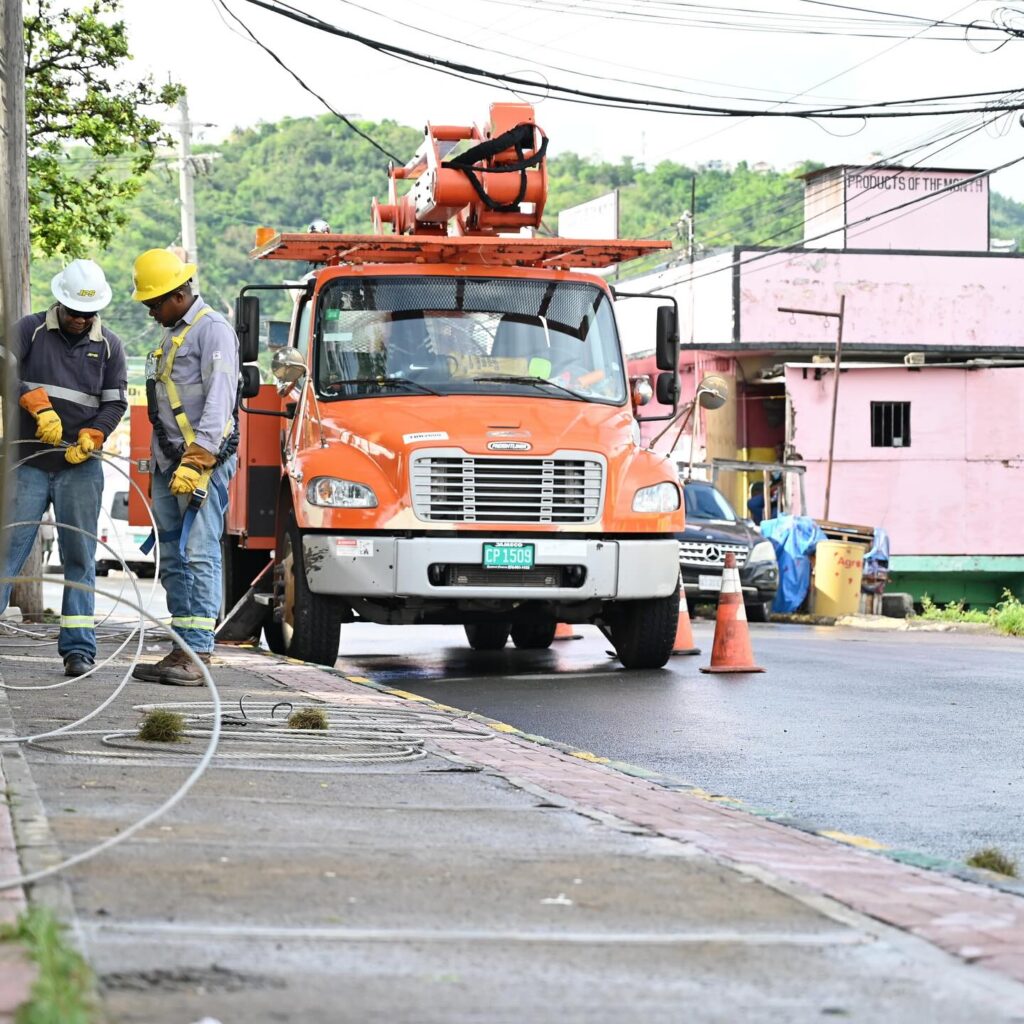
However, while the discontent and displeasure many Jamaicans felt in the aftermath of Beryl’s death was understandable, that did not make it right.
Jamaica had just undergone the first category 4 hurricane it had endured in years. This was a tropical cyclone with sustained winds of over 140 miles per hour and gusts potentially as high as 165 mph.
It was a storm that caused buckets of rain to hail down on vulnerable infrastructure, and a storm that brought with it storm surges of 6 to 12 feet. That is not something that can just be ‘bounced back’ on, and Mark Golding should have known that.
In the United States, a greatly weakened Hurricane Beryl made landfall around Houston, Texas, as a category 1 storm with winds of 60 to 70 mph, less than half of its strength when it came into contact with Jamaica. When it made landfall in the USA on July 8th, over three million people lost power.
Now, with Beryl a mere post-tropical depression, the third day after its landfall, some 1.5 million people in Texas are still without electricity, suffering in the summer heat, and with estimated damages anywhere from $750 million USD to $1.5 billion.

If the US, a first-world nation facing a far less deadly version of Beryl, is unable to provide total and complete relief for its citizens days after the hurricane, how is it fair for the opposition leader to claim that JPS is a disgrace? The Jamaica Public Service has made its action and response very public and is doing the best it can with what they have. Things are not perfect, but that is not due to a lack of action or trying.
Golding did raise a few fair points, such as the issue of drainage in the gullies, and he did rightly point out the several conflicting reports coming from the government right before and after Beryl, such as the discrepancies in the number of available shelters.
However, this is all ruined and undercut by his absolutely ludicrous statements about the poor performance of public sector workers, who are sacrificing their time and energy for the sake of other Jamaicans.
In conclusion, I cast blame on both party leaders for their attempts to hijack Hurricane Beryl, a potentially catastrophic natural disaster, into a device for their own political platforms.
Both may deny this, but in their positions, they have a strong voice and effect on the Jamaican people. It would be far more productive if they used this voice to encourage unity and progress in the aftermath of Beryl instead of pushing their own agendas.


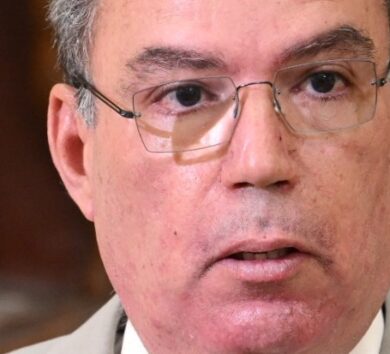
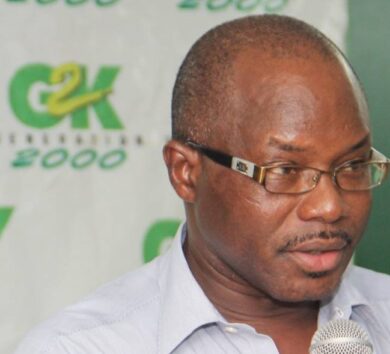
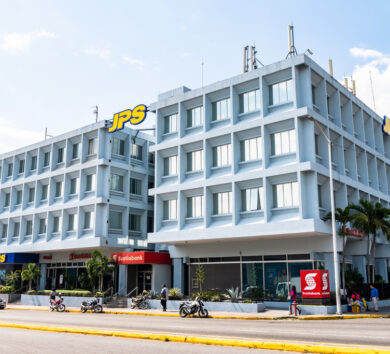
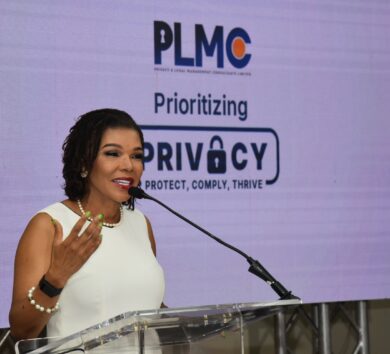
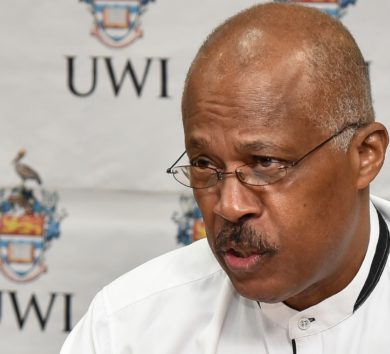
Comments